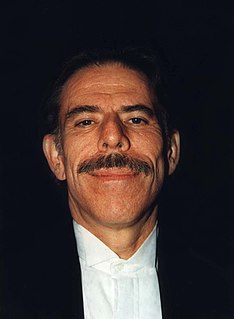A Quote by J. G. Ballard
I was in Shanghai when the Japanese invaded China. I was there in Shanghai when, the morning after Pearl Harbor, they seized Shanghai.
Quote Topics
Related Quotes
While certain coastal cities have become very prosperous, the rest of China has a per capita income of $200 a year. The coast wants to have nothing to do with the interior; it wants to work with Tokyo and New York. This is an old story in China. It is why Mao succeeded in 1927. He wanted [coastal] Shanghai to throw the foreigners out, but Shanghai was doing too well financially [to expel foreigners]. So Mao went to the interior and raised a peasant army. He came back to Shanghai and sealed off the country.
The Chinese central government will slowly and steadily lose authority while regional armies [gain power]. The Western powers are going to take sides to protect their investments - they have put billions of dollars into Shanghai. Their fear is that [these investments] are going to be expropriated by a warlord from the interior who will sweep down on Shanghai. They will try to form alliances with warlords to protect their concessions, and there will be a huge flow of weapons into China.
Our company has only been active in Beijing and Shanghai, two very market-dominated cities. This was an advantage. Land is purchased here in public auctions, in a transparent way. When you do real estate development outside Beijing and Shanghai it is good to have "guanxi" - good relations within the local government.
People in Shanghai make a lot more money than the farmers in the rice paddies. The rice-paddy farmers are not buying Louis Vuitton bags, but the upwardly mobile ones in Shanghai, who are all working in Wall Street-type firms, are infinitely better-dressed than people in the West. Their women take this fashion thing seriously.





































